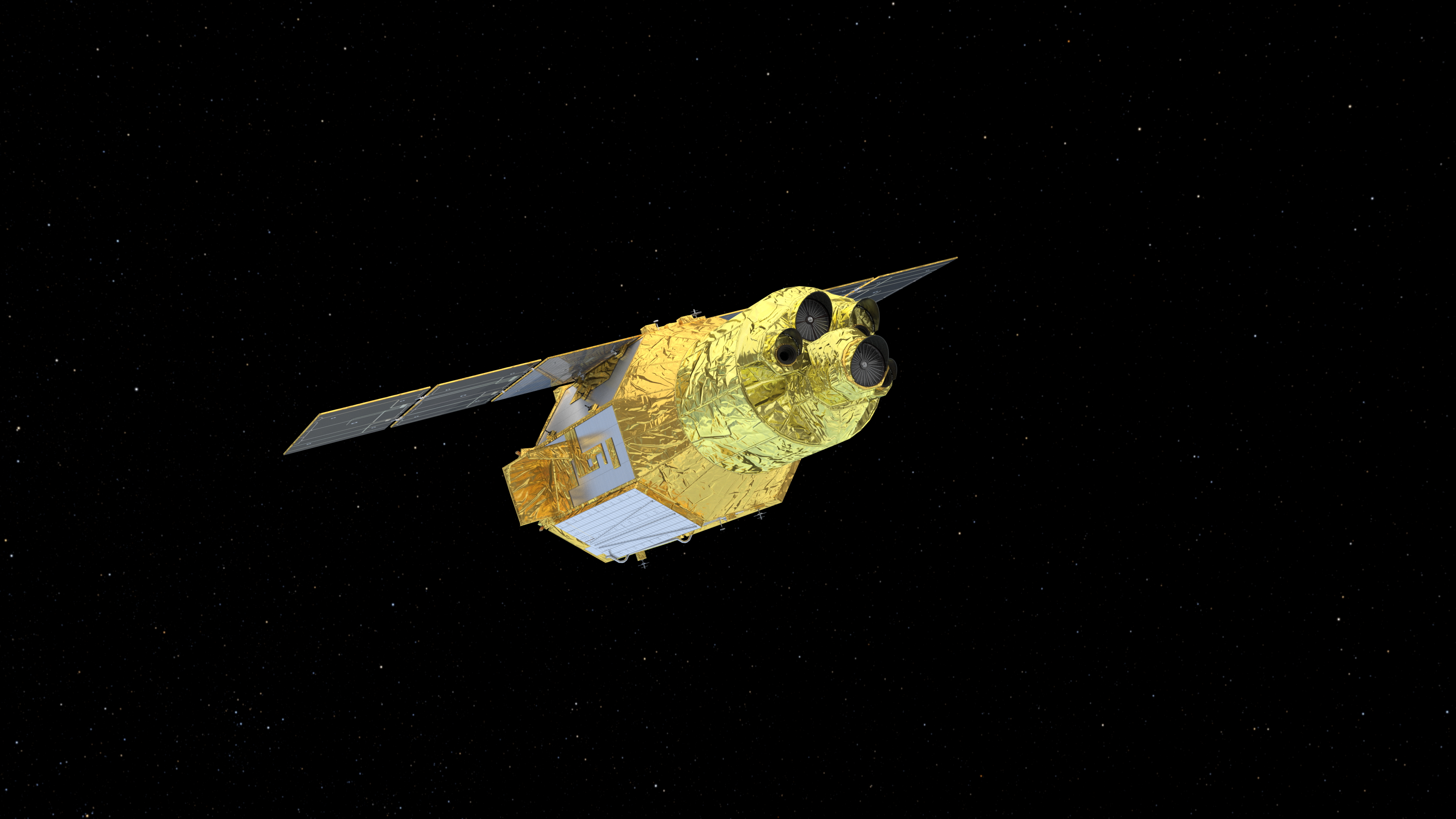

The ESA-led Laser Interferometer Space Antenna (LISA) mission will detect gravitational waves from a variety of astrophysical sources in a new observational window at milli-Hz frequencies. As an ESA partner, NASA expects to make both hardware and science analysis and interpretation contributions to the mission. The NASA LISA Preparatory Science (LPS) grants provide support for US-based investigators to analyze and interpret simulated LISA data over a period up to three years. Hardware and mission concepts are funded separately.
Following the LPS Solicitation in ROSES 2018, investigators from a broad range of institutions and career stages submitted a total of 30 compliant proposals by June 14, 2018. Non-conflicted peers reviewed and ranked the proposals by scientific merit and other criteria described in the solicitation. Based on these results and programmatic considerations, the following LPS proposals are selected for fiscal year 2019 funding:
| Proposal Number | Principal Investigator | Affiliation | Title |
|---|---|---|---|
| 18-LPS18-0002 | Mandic, Vuk | Univ. of Minnesota | Searching for the Stochastic Gravitational-Wave Background with LISA |
| 18-LPS18-0004 | Bogdanovic, Tamara | Georgia Tech Research Center | Electromagnetic and Gravitational Wave Signatures of LISA Massive Black Hole Binaries |
| 18-LPS18-0005 | Cornish, Neil | Montana State University | Developing global analysis strategies for the LISA gravitational wave observatory |
| 18-LPS18-0009 | Naoz, Smadar | Univ. of California, Los Angeles | Multi-messenger Astronomy: Forecasting LISA Events with LIGO Detections and Electromagnetic Counterparts |
| 18-LPS18-0015 | Shoemaker, Deirdre | Georgia Tech Research Center | Black Hole Mergers and Gravitational Radiation in the LISA Era |
| 18-LPS18-0021 | Larson, Shane | Northwestern Univ. | Tools for Modeling Selection Biases and for Advanced Astrophysical Interpretation of LISA Observations |
| 18-LPS18-0022 | Wass, Peter | Univ. of Florida | Simulating the LISA instrument for maximum science return: high fidelity modeling of precision freefall and optical metrology |
| 18-LPS18-0027 | Cutler, Curt | Jet Propulsion Laboratory | Next generation analysis for LISA data analysis |
| 18-LPS18-0030 | Prince, Thomas | Caltech | Detection of LISA Verification Binaries and Galactic Ultra-Compact Binaries using the Zwicky Transient Facility |
Please see the selection document for further details.
JAXA, NASA XRISM Mission Ready for Liftoff
 XRISM launched successfully on Wednesday, Sept. 6, 2023, at 7:42 p.m. EDT (Thursday, Sept. 7, 8:42 a.m. in Japan). The spacecraft separated from the rocket at 7:56 p.m. EDT.Read more.
XRISM launched successfully on Wednesday, Sept. 6, 2023, at 7:42 p.m. EDT (Thursday, Sept. 7, 8:42 a.m. in Japan). The spacecraft separated from the rocket at 7:56 p.m. EDT.Read more.
See our new Events Calendar
Program News and Announcements
Project News
Related News